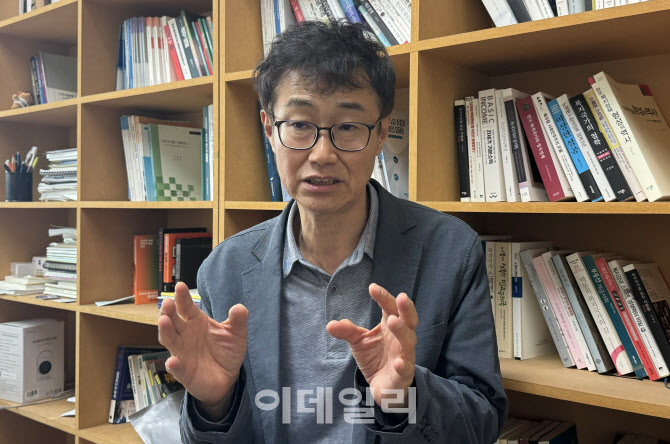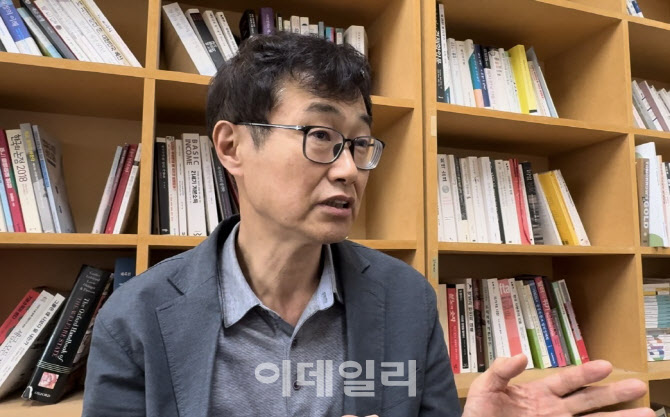|
“Parametric Reform being positive, Generational Equity issue still remains”
In a recent interview with Edaily, Oh acknowledged the positive impact of the recent parametric reform, which stabilized pension finances through higher contribution rates. However, he noted that concerns about youth inequality are valid, as the reform places a greater financial burden on younger generations. “There was an opportunity to ensure fairness between generations by gradually increasing contribution rates for middle-aged individuals during their remaining subscription period. Unfortunately, this aspect was not reflected in the reform,” he remarked.
Currently, discussions on structural pension reform are currently underway within the National Assembly’s Special Committee on Pension Reform. Lawmakers face the challenge of balancing financial sustainability with ensuring adequate retirement income. Yet, political parties remain divided over the next steps, particularly regarding the implementation of an automatic adjustment mechanism. This system - adopted by 24 out of 38 OECD countries, including Australia and the UK - adjusts contribution rates, pension amounts, and eligibility age based on demographic and economic changes.
While the People Power Party(PPP) supports its adoption, the Democratic Party(DP) opposes it, citing concerns over potential pension cuts. Oh cautioned against hasty implementation: “Advanced countries introduced automatic adjustments only after stabilizing finances by raising contribution rates and retirement age. Instead of triggering unnecessary debates over potential benefit reductions, Korea should first explore other financial stabilization measures.”
|
Oh prioritizes government financial support as the key to tasks for fiscal stabilization. He proposes using a portion of pension income tax revenue to replenish national pension funds, arguing that the current generation should bear responsibility for accumulated deficits. “By slightly increasing taxes on pension income, we can secure funds for financial stability while also ensuring generational fairness,” he explained.
He outlined a step-by-step approach to reform, including improving investment returns, raising the pension eligibility age, and gradually increasing contribution rates. “Reflecting recent high investment returns to adjust the average yield would significantly boost financial stability,” he noted. He also stressed the need to reassess the planned pension eligibility age increase to 65 by 2033, suggesting further extensions to 66 or 67.
He emphasized the necessity of a multi-tiered pension system, integrating national, basic, and retirement pensions. With life expectancy rising beyond 65 years, relying solely on the national pension is no longer viable, he argued. “We need to adjust basic and retirement pensions to ensure income security for each class,” he explained.
Additionally, he advocated for a shift in basic pension policy, moving towards a ‘minimum income guarantee’ rather than universal coverage for 70% of seniors. ”Basic pensions should focus on lower-income groups, while middle-class retirees should build assets through national and retirement pensions,“ he said.
About Geon-ho Oh…
△Member, 5th National Pension Financial Calculation Committee △Advisor, National Assembly Special Committee on Pension Reform △Member, National Human Rights Commission Social Rights Committee △Co-Chairperson, Welfare State We Make






!["청년 ''도시 선호'' 수용해야…빈집 철거해 도시 밀도↑"[ESF 2025]](https://image.edaily.co.kr/images/Photo/files/NP/S/2025/06/PS25061901218t.jpg)
![정말 개고기라면? 연변서 집어든 라면 한 봉지[먹어보고서]](https://image.edaily.co.kr/images/vision/files/NP/S/2025/06/PS25062200074t.jpg)



